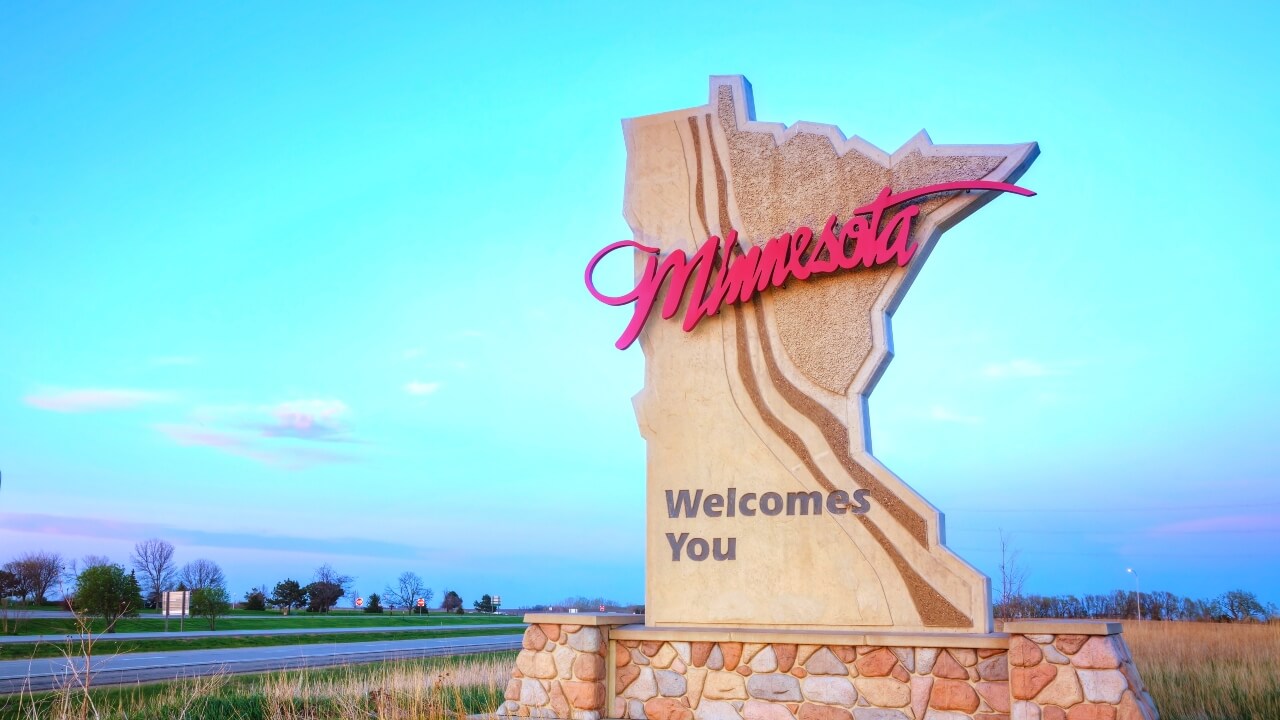Instead of putting the finishing touches on their businesses in anticipation of Minnesota’s adult-use market launch early this year, cannabis license applicants instead face delays and uncertainty.
But if entrepreneurs’ patience and capital lasts long enough to win a license and hold on until Minnesota’s recreational cannabis launch – now projected for early 2026 – their reward will be a robust market brimming with opportunity and innovation, according to observers of the state’s regulated marijuana market.
“I think that we still have a really robust local industry,” said attorney Leili Fatehi, principal at Blunt Strategies, a Minnesota cannabis consulting firm.
“We have a lot of alignment of purpose and values with the regulators as well as with the legislators.
“There is a common set of goals in terms of who should be the winners and what we want the outcome to be … which I think is an enormous gift.”
Mitchel Chargo, a partner at Minnesota-based law firm Hinshaw & Culbertson, who specializes in cannabis, agrees.
“I am bullish,” Chargo said, “but it’s going to take time, like in every other market, for the production to catch up to demand.”
How much longer businesses will be waiting could be determined in the next several weeks, depending on a forthcoming Minnesota Court of Appeals ruling, how quickly the state’s Office of Cannabis Management (OCM) makes its rules and whether microbusinesses – which could get licensed ahead of other license classes – can help plug holes in supply.
Cost of delaying adult-use rollout
The delay in licensing and rolling out Minnesota’s recreational marijuana market stems from a district court judge’s decision to issue a stay on the adult-use preapproval lottery that was scheduled for November 2024 and the OCM’s decision a month later to scrap the preapproval process altogether.
Those decisions hurt the cannabis industry – specifically applicants who only a few weeks ago had an inside track on licensing, observers said.
All applicants except those in the microbusiness category – where there are no license caps – were impacted.
“The folks that are the losers at a real acute level are the folks that were approved for the preapproval lottery in the capped-license categories, the larger ones.” Fatehi said.
“There is a material harm to people who were in a capped category that got preapproval, (but) now they have to wait and be thrown into the same lottery as everybody else.”
In addition to the original winners now having to compete against a larger pool of competitors, many who invested thousands of dollars to get a head start in the process not only didn’t win but also are not going to get their money back, Chargo said.
Fatehi agreed.
“Every month that you’re not open for business, you’re incurring costs,” Fatehi said.
“There’re going to be some people who end up folding because they don’t have the capital,” she added.
Some applicants for recreational marijuana business licenses have been able to generate revenue to keep their ambitions afloat through the state’s thriving hemp-derived THC market.
“I think a lot of people started their hemp businesses with that knowledge that it would be that stopgap,” Fatehi said.
“People that are in trouble right now are the ones that weren’t cautious with spending and having revenue streams or sources of capital.”
Cannabis microbusiness opportunities
Under a new timeline, permits in Minnesota’s capped-license categories will be issued via lottery sometime between May and June, according to the OCM.
But before that happens, some industry observers believe the supply slack will be picked up by two Native American tribes that already operate vertically integrated cannabis businesses – and possibly microbusinesses, the only license category that is not capped and doesn’t have to participate in a lottery.
“They are planning to basically start issuing those licenses as soon as rules are finalized, at least for the folks that would have been in the preapproval lottery,” Fatehi said.
“We’ve always wanted microbusinesses to play a significant role in standing up the industry, but they, by themselves, are not going to be able to produce enough supply to meet demand.”
It’s not clear when the OCM will issue application guidelines and licensing rules, but Chargo believes it could be in February.
2024 MJBiz Factbook – now available!
Exclusive industry data and analysis to help you make informed business decisions and avoid costly missteps. All the facts, none of the hype.
Featured inside:
- Financial forecasts + capital investment trends
- 200+ pages and 49 charts highlighting key data figures and sales trends
- State-by-state guide to regulations, taxes & market opportunities
- Monthly and quarterly updates, with new data & insights
- And more!
Marijuana licensing gray areas
Chargo said it would also be helpful if Minnesota’s marijuana regulators clarified what he called “gray areas.”
Foremost among them is when the next social equity and general applicant lotteries will be.
“I think they would do the community a better service by giving a projected date of when that lottery is going to be, so that the applicants can actually start planning,” Chargo said.
Another gray area: What happens if a business applicant gets into the lottery but isn’t selected?
Can they pivot and apply for license in the uncapped microbusiness category?
“It’s not entirely clear whether that’s permissible,” Chargo said.
Another gray area is how the Court of Appeals will rule on a request by marijuana business license applicants to dismiss the stay on the preapproval lottery.
While the OCM said it is doing away with the preapproval lottery, the plaintiffs are hopeful the process will remain.
“We’re hoping that they will do the preapproval lottery,” Fatehi said.
“We think that it’s really important for these folks in the capped-license categories.
“It plays an important role in them being able to finalize their sites, finish up the last few investment related things, and, most importantly … start planting.”
Omar Sacirbey can be reached at omar.sacirbey@mjbizdaily.com.
Medical Disclaimer:
The information provided in these blog posts is intended for general informational and educational purposes only. It is not a substitute for professional medical advice, diagnosis, or treatment. Always seek the advice of your physician or other qualified healthcare provider with any questions you may have regarding a medical condition. The use of any information provided in these blog posts is solely at your own risk. The authors and the website do not recommend or endorse any specific products, treatments, or procedures mentioned. Reliance on any information in these blog posts is solely at your own discretion.






